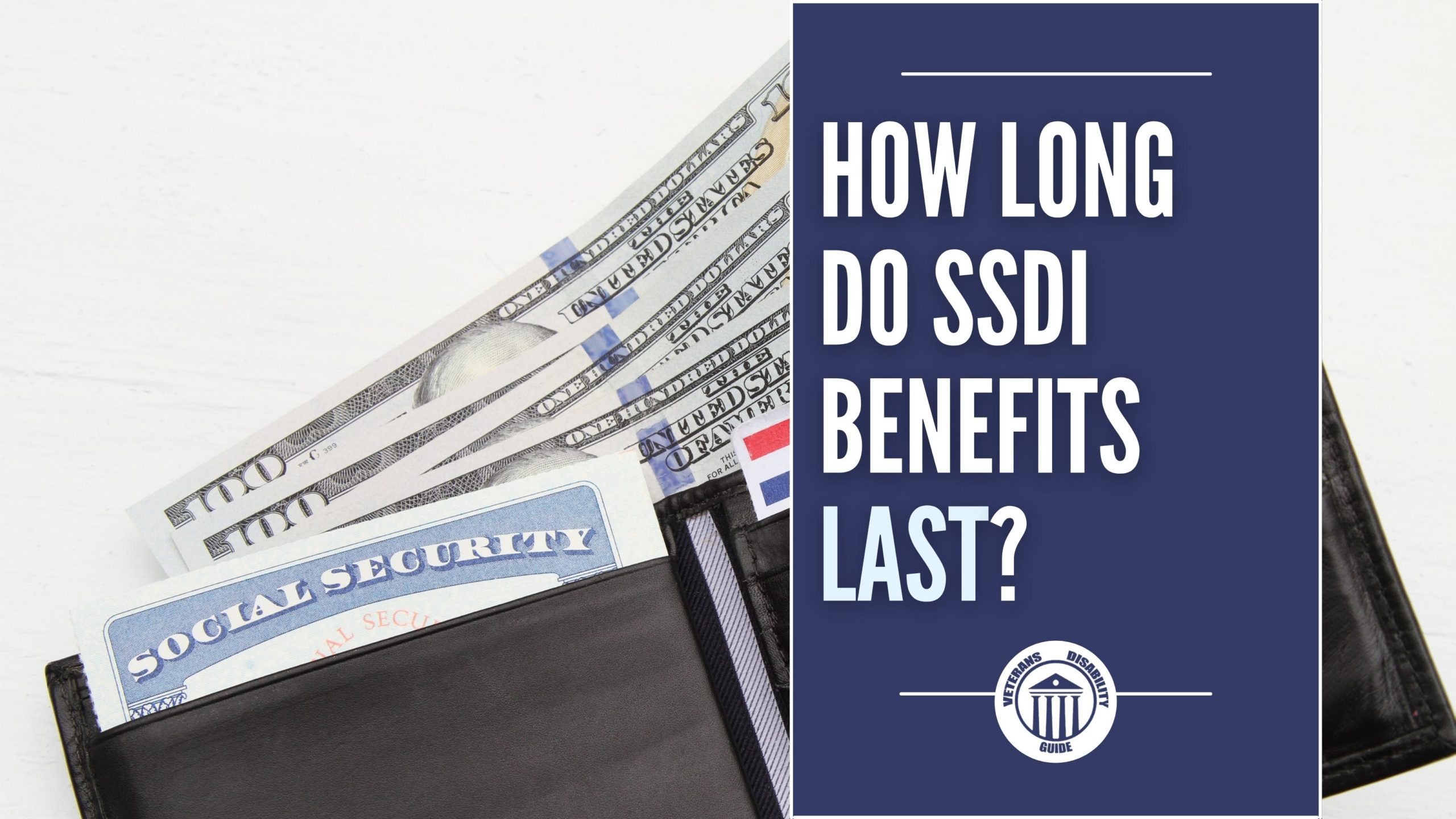
24 Feb How Long do SSDI Benefits Last?
As long as you remain eligible for SSDI benefits, you will continue to receive them until you reach full retirement age. You could lose your benefits prior to reaching retirement age if you do not maintain the SSA’s qualification requirements.
FRA and Disability Benefits
Social Security disability insurance (SSDI) beneficiaries are able to receive payments until they reach Full Retirement Age (FRA). The FRA is set by the Social Security Administration (SSA) and has been gradually increasing since 1983.
To determine your FRA you must base it on the year you were born. To find your FRA, the SSA offers a free calculator here.
If you maintain your eligibility for SSDI benefits until you reach your FRA, your payments will switch from SSDI to retirement benefits. The amount of the retirement benefits you begin to receive should be around the same as the disability benefits.
While continuing to receive SSDI until you reach FRA is ideal, it is not always the case. To determine who is maintaining their eligibility for benefits the SSA performs periodic checks.
Continuing Disability Reviews
Continuing Disability Reviews (CDR) are periodic reviews of your case performed by the SSA. Usually, you can expect a review every few years. Although how often the SSA does a CDR of your claim depends on the severity of your impairment and the likelihood that your condition can improve. In addition to the CDR, the SSA requires that you report any changes in your condition – Even if this means your benefits could be terminated.
Why Would My SSDI Benefits be Revoked?
Your condition has improved
In order to maintain your benefits you must meet the SSDI qualification requirements. One of these requirements is that your condition is so severe that it prevents you from working. If the SSA finds that your condition is no longer severe enough to keep you from working and earning income, they will revoke your benefits.
You earn too much money
Another SSDI requirement is that you must not be making more than $1,350 per month in earned income. If the SSA finds that you are exceeding this limit they will revoke your SSDI benefits.
You are incarcerated
If you commit a crime and go to prison for more than 30 days, your SSDI benefits stop for the time being. If you are released from prison you have the option to have your benefits reinstated.
You reach FRA
As stated above, once you reach your full retirement age, your SSDI benefits will stop and you will begin receiving retirement benefits instead.
How Can I Maintain My Benefits?
While there is no exact way that you can ensure you receive benefits until you reach FRA, there are some steps you can take to help maintain them.
Visiting your treating physician regularly
You should explain to your doctor(s) the ways that your disability impacts your life and your ability to perform day to day activities. By doing so, you will be documenting your disability and how it affects you. You can use these documents from your doctor in your favor during a CDR.
Cooperating when you receive your CDR notice from Social Security
You should send the SSA any documentation they ask for in a timely manner. They also may arrange a doctor’s appointment for you and request that you go. If you do not attend the appointment, send the documents, or if you just refuse to cooperate, you could lose your benefits.
Using the Trial Work Period (TWP) that the SSA provides
The Trial Work Period is a nine month span when the SSA allows you to work without risking losing your benefits.
If you feel you might be able to return to work you can ease your way back into employment. Once you finish the nine months, you begin a 36-month Extended Period of Eligibility (EPE). During this time, you will continue to receive benefits while Social Security determines if you are able to work above their SGA limit of $1,350.
See: What is Substantial Gainful Activity (SGA)?
Those who are will stop earning SSDI. By using the TWP you are testing your ability to work without risking your benefits.
Not Currently Receiving Benefits?
If you are not currently receiving SSDI benefits, or if you need to appeal a denied claim, consider contacting a disability attorney. An attorney will be able to answer any questions you may have about Social Security disability benefits and guide you through the claims process. Studies have shown that those who choose to hire legal representation for their SSDI claims are three times more likely to win benefits than those who do not.
Victory Disability is a nationwide law firm. We specialize in helping disabled workers get the benefits that they have earned and deserve. To see if we can assist you, take our free evaluation by clicking here.


